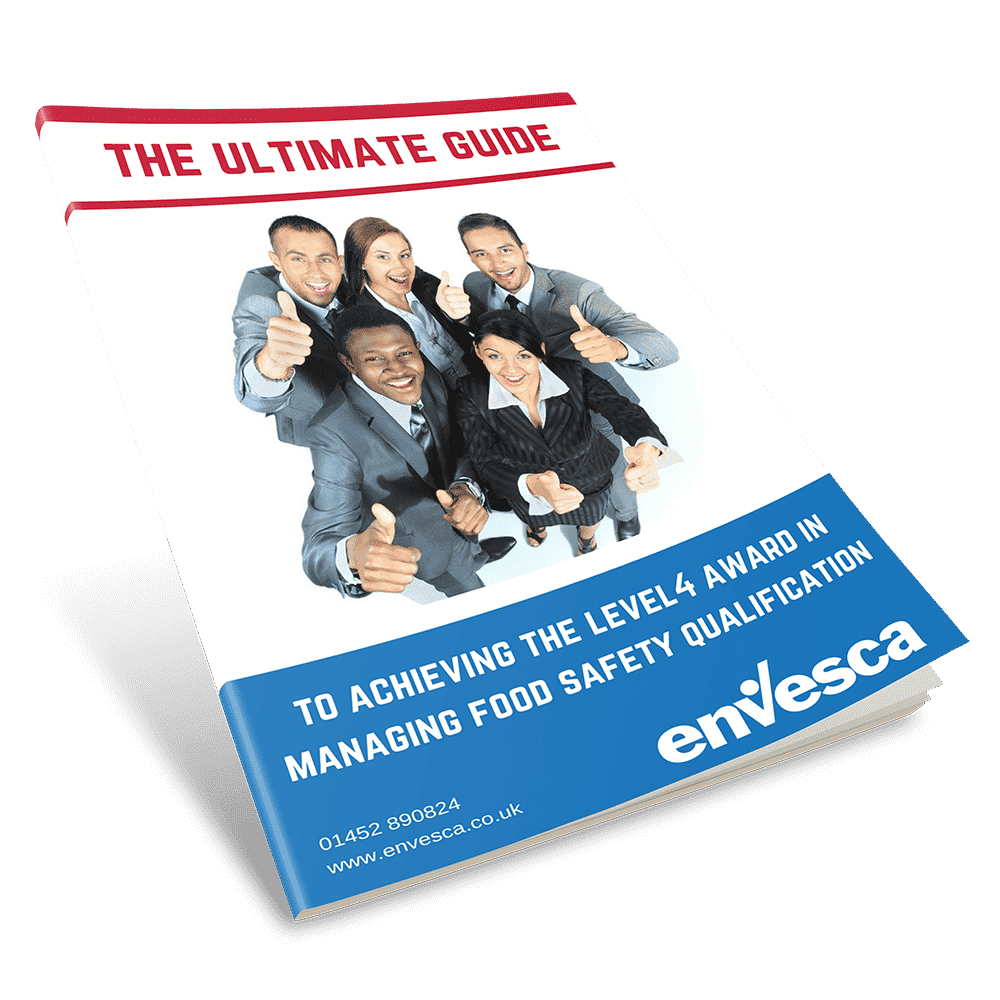Allergens And Intolerances In Hospitality: What You Need To Know.
It could cost someone their life if you don’t know everything about allergens in hospitality.
Sounds dramatic, but it’s a fact.
Do you know the ingredients in the dishes you serve? What the most common allergens are? Or the repercussions if things go wrong?
Your role in hospitality is to provide people with food and drink they can trust to not make them ill or, in the worst-case scenario, cause a severe allergic reaction that could lead to death. That’s how serious getting it wrong can be.
Expanding your knowledge about allergens and intolerances in hospitality will reduce the risk of getting things wrong to protect yourself, your colleagues and customers from a potentially life-threatening situation.

What Is An Allergy?
Allergies happen when the immune system in someone goes haywire and reacts inappropriately to something that’s usually harmless, causing the body to overreact when it next comes into contact with that substance.
People can be allergic to all kinds of stuff. From insects to drugs, pollen to chemicals, and, most relevant to this blog – food.
How can you spot if someone has an allergy?
Usually, if someone knows they’re allergic to something, they’ll tell you. But an allergy can develop at any time, and it’s often the second exposure to an allergen that causes physical symptoms.
The main symptoms of an allergy, according to the NHS, are:
- sneezing and an itchy, runny or blocked nose
- itchy, red, watering eyes
- wheezing, chest tightness, shortness of breath and a cough
- a raised, itchy, red rash
- swollen lips, tongue, eyes or face
- tummy pain, feeling sick, vomiting or diarrhoea
- dry, red and cracked skin
If a customer comes to you complaining of a sudden onset of some, or all of the symptoms above, chances are they’re having a mild to severe allergic reaction.
What Is A Food Intolerance?
A food intolerance is when someone has difficulty digesting certain foods. It’s not usually life-threatening, but it can be very unpleasant, uncomfortable and annoying for the person who has it.
Unlike an allergy, a food intolerance is not classified as a medical condition. However, the symptoms are pretty similar and can last for anything from a few hours to a few days. The NHS lists the four main symptoms as:
1. diarrhoea
2. bloating
3. flatulence
4. tummy pain
The chances are that if a customer makes you aware of their intolerance and somehow your hospitality establishment still exposes them to allergens, they will be angry, complain and tell anyone who’ll listen not to support your business.
The Most Common Allergens In Hospitality
People can become allergic to anything, even kiwi fruits! The Food Standards Agency (FSA) states that the 14 most common allergens in hospitality are…
1. Celery / Celeriac
2. Cereals containing gluten – such as wheat, barley and oats
3. Crustaceans – such as prawns, crabs and lobsters
4. Eggs
5. Fish
6. Lupin – a legume belonging to the same plant family as peanuts
7. Milk
8. Molluscs – such as mussels and oysters
9. Mustard
10. Peanuts
11. Sesame Seeds
12. Soya
13. Sulphur dioxides and sulphites – if the concentration is more than ten parts per million
14. Tree nuts – such as almonds, hazelnuts, walnuts, brazil nuts, cashews, pecans, pistachios and macadamia nuts
It’s important to know that the allergen doesn’t have to be a key ingredient in the dish you’re serving for someone to be at risk of an allergic reaction. An allergy can be triggered simply by particles of an allergen being present due to cross-contamination.

Food Safety
Food safety is paramount for reducing the risk of allergens in hospitality. A careless mixup could cost someone their life.
Have you heard of Natasha’s Law?
In 2016, Natasha Ednan-Laperouse bought and ate a baguette from a well-known sandwich store. Natasha, who managed her life-threatening allergies her whole life, cautiously read the food labels on everything she consumed. However, a loophole in the law meant that the baguette she ate that day didn’t list sesame, which was baked into the dough. As a result, Natasha died from cardiac arrest. Since then, Natasha’s family have campaigned for more stringent food labelling laws – Natasha’s Law.
How can your business avoid a tragic situation like the one above?
Allergen handling training.

Everyone in your business involved with food handling, including chefs, kitchen porters and waiting staff, need training in allergen awareness to help them understand more about allergens, how to deal with them and help keep your business and customer safe.
What Can Happen If Allergens Aren’t Taken Seriously?
As well as the risk to the health of your staff and customers, your business could face serious repercussions if it doesn’t take allergens seriously. Including fines, prosecution and irreversible damage to your reputation.
Food preparation comes with great responsibility and needs thorough training to ensure things are done right.
Whether you own a restaurant, pop-up cafe, catering van, food production factory, or any other business involved in food handling, you have a duty to keep people safe from harm. To learn more about what an allergen handling course entails and why it’s crucial for your business, click here…
Find this helpful?
Signup to our email notifications to receive alerts when we publish new blogs. We promise not to spam your inbox, you will just get a short snappy intro to Health and Safety articles we think you will love.
"*" indicates required fields

The Ultimate Guide to Passing the Level 4 Food Safety Examination
If you’ve got a question or query, please contact our super friendly team, they will be delighted to help you!
Simply get in touch via phone or email.

Free
Resources &
Downloads
Informative. Useful. Practical.
Here at Envesca we believe that we are good at giving proactive, sensible and useful advice. Below you will find some free resources that you can download on a host of subjects that will help you and your business.
Training Available
Envesca offer a number of different training courses, which offer advice and guidance on these topics.




